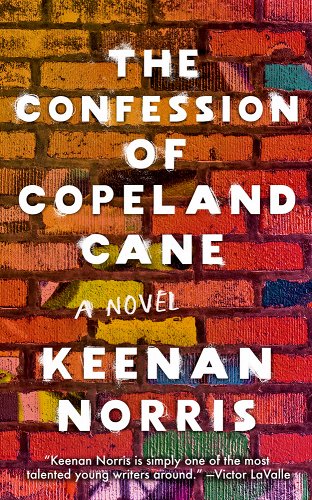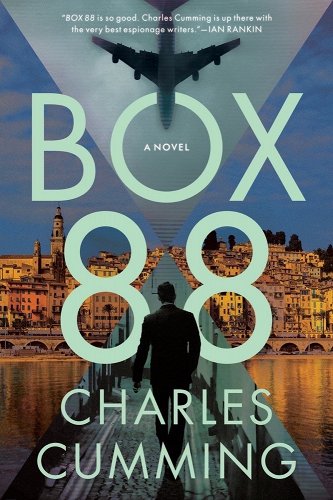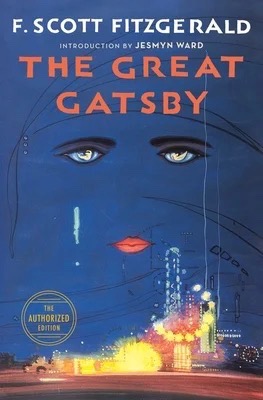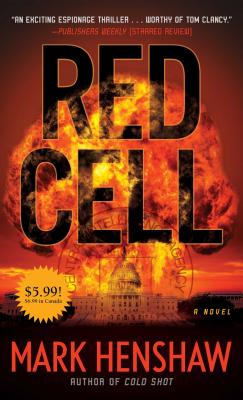Reader’s Notebook, 2/23/23
I’m a little behind once again, so these will be brief both for brevity’s sake and because the two older books aren’t so fresh in my noggin.

The Confession of Copeland Cane – Kennan Norris
I loved this book. It is exactly what the title says: the confession of Copeland Cane, a young Black man from East Oakland. Sometime in the near future (I think it is pegged around 2030), Cane is accused of murdering a police officer. In his post-pandemic, post–1/6 world, both the media and internal policing have been taken over and combined into a single national conglomerate. This entity uses its immense power to lean heavily on people like Cane. In his case, people all over the country are fed a false story about his life and actions and a national manhunt is organized to hold him accountable for a crime he did not commit.
The book is his reaction to that effort. Told in a rambling style that is supposed to be a nearly 48-hour conversation with a good friend, Cane shares what it was like to grow up in the projects of Oakland, how young people of color like him were assumed guilty of any number of crimes without investigation, how the educational system failed them, and how he hustled to carve out a better path for himself. We also see how gentrification wipes out communities of color without giving them any reasonable alternatives.
This is an incisive, infuriating, and brilliant piece of fiction. A piece of fiction that, sadly, isn’t too far from reality.

Box 88 – Charles Cumming
I knew I had read some of Cumming’s works before, but a check shows that I’ve read four of his spy novels. I honestly don’t remember any of them. That’s not a knock on his work; he’s considered on of the best current authors in the genre. It’s more a function of me just reading a lot of books in general and specifically a lot of espionage thrillers.
This one serves as an origin story of sorts. Lachlan Kite is an officer in a secret, off-the-record unit known as Box 88 that combines elements of British and American intelligence to do the darkest of spy work. In the current day, he is kidnapped and confronted by a Iranian man seeking answers for something that happened early in Kite’s career.
The bulk of the book is about that earlier event, back in the summer of 1989. Just before going off to college Kite is recruited into Box 88 when a handler learns he will be spending time in France with the family of a friend. That friend’s dad has direct connections to an Iranian Box 88 believes was responsible for at least one terrorist bombing, and is plotting to carry out another. Kite is asked to spy on the Iranian and has to make hard choices not many 18-year-old ever have to consider.
It was interesting to read about a spy exactly my age, and going back to see his career start the same summer I was preparing to go off to college.
But the story felt uneven. The contemporary half, especially, seemed a little half-baked. It was a quick read, though, so the second book in the series may be an option for when we hit pool season.

The Great Gatsby – F. Scott Fitzgerald
C is reading this for her literature class and kept talking to me about it. I told her I had never read it, but decided I should rectify that so we could discuss. I think the reason I never read it was because A) it wasn’t required when I was in school (or I missed it when I switched schools my sophomore year) and I’ve always heard mixed things about it. Some people love it and consider it a classic. It seems like just as many people think it’s overrated.
I fall somewhere in the middle. It certainly takes awhile to pick up momentum. I struggled to connect with the patois of 1920s Long Island. And I didn’t find any of the characters to be very likable or sympathetic.
Still, once it got going, I did enjoy its build toward the series of big events in chapters eight and nine.
I’m just glad I could knock it out in three nights rather than annotate and have to write a paper about it like C did.

Red Cell – Mark Henshaw
I saw this compared to a Tom Clancy novel, which both intrigued and concerned me. Clancy wrote some pretty good stories, especially in the first half of his career. But his work was often weighed down by his clumsy writing style and those super-technical stretches where things got explained in far too much detail.
Fortunately Henshaw is more about the story than the details. He does mimic Clancy by putting an unlikely CIA analyst in the midst of what could turn into the next world war. In this case China has invaded a small island that belongs to Taiwan and the US is forced to make some difficult decisions about its relationship with the two countries.
Agent Kyra Stryker is part of the Red Cell team working to figure out China’s motivations. In the process they uncover a secret Chinese weapons program that could alter the balance of power in the Pacific. In order to confirm their suspicions, they must go to China and sneak out our best asset in the Chinese government before he can be arrested. Their efforts lead to a glorious American victory, which is always fun.
I guess there’s a series of Stryker books, just like there was with Jack Ryan. This was enjoyable enough that I think I’ll try another down the road, although they, too, may be pool season reads.